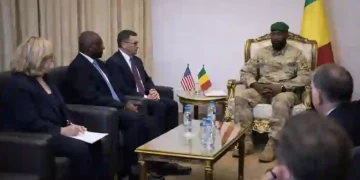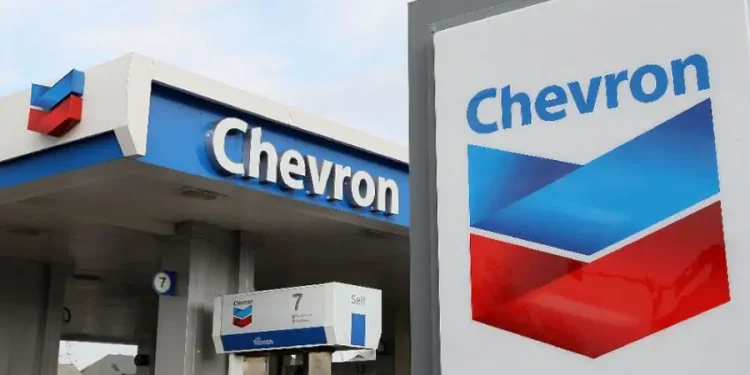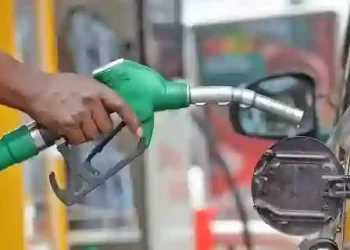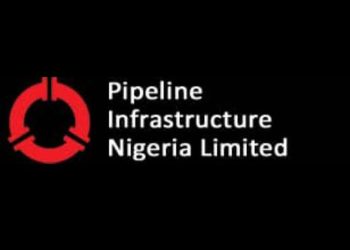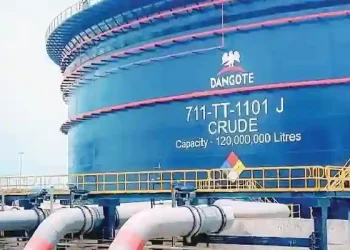Greece has announced that it is awarding four offshore oil and gas exploration blocks to a Chevron-led consortium. After thorough evaluations and negotiations with Chevron, the joint venture Chevron Greece Holdings – Helleniq Upstream was chosen as the selected applicant in the Greek exploration tender launched in April.
The Chevron-led bid was the sole applicant in the tender for the blocks, named South of Peloponnese, A2, South of Crete I, and South of Crete II.
In a move that is part of Greece’s strategy to enhance its domestic energy supply, Chevron and Greece remain in talks to finalize the concession agreements.
According to Greek Energy Minister Stavros Papastavrou, as soon as agreements are sealed between the Greek government, Chevron and Helleniq Energy, expected by the end of 2025, the deal will have to be approved by Greece’s Parliament and a Greek court of auditors.
Revealing that the approvals will have to happen before seismic surveys can be conducted, Papastavrou stated that the oil companies will have until 2030 to find potential reserves and carry out any test drilling.
Helleniq Energy collaborated with Chevron in September to submit a bid to participate in the Greek tender for offshore exploration and production of oil and gas in four offshore areas south of the Peloponnese peninsula and south of the island of Crete.
Greece plans to install renewables and boost offshore gas exploration after the energy crisis of 2022 and the halt of Russian pipeline gas supply to most EU countries.
The country is hoping its waters will be able to cope with giant natural gas resources, similar to the ones found in the Eastern Mediterranean offshore Egypt and Israel.
Last year, in October, Greece announced that a consortium led by the other U.S. supermajor, ExxonMobil, had successfully wrapped up the 1st exploration phase southwest of Crete and decided to proceed with the 2nd exploration stage.
The 2nd exploration phase will most likely last for three years, and its minimum requirement is to complete the collection and assessment of 3D seismic data.

